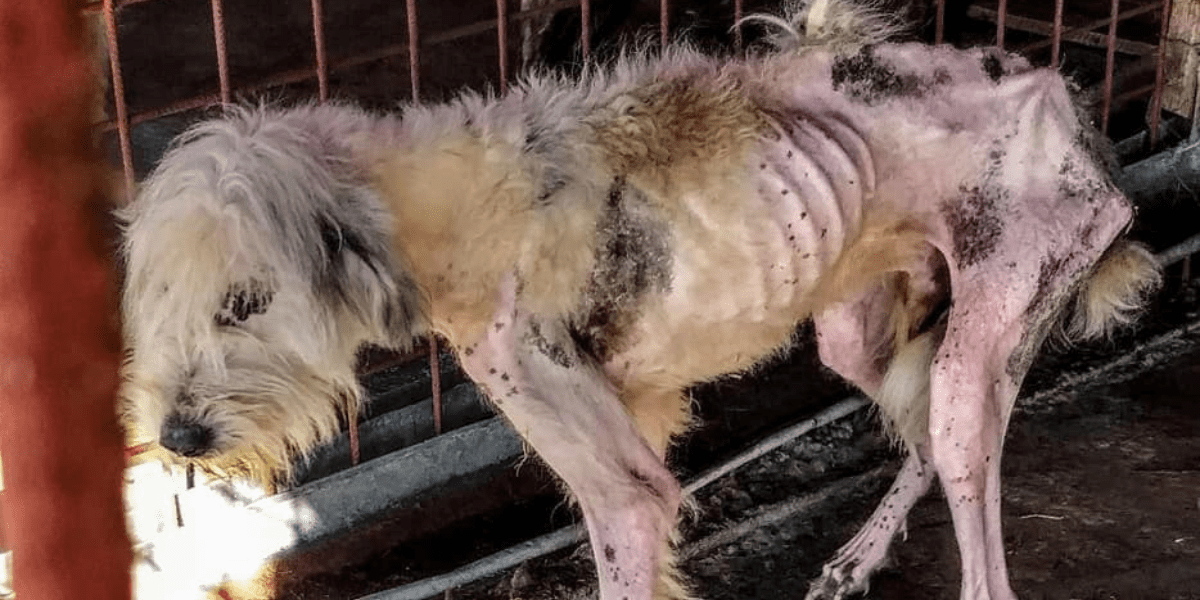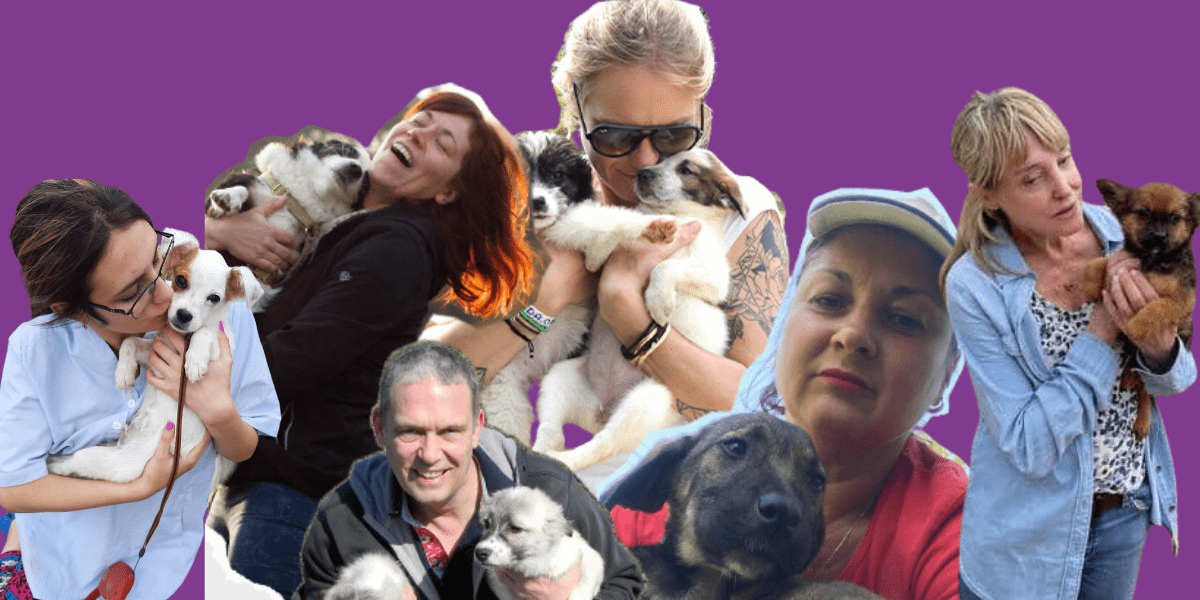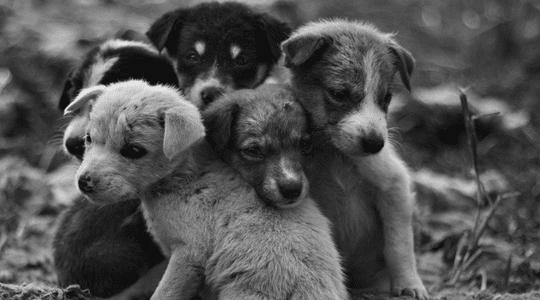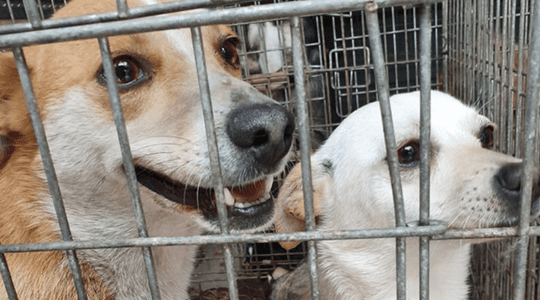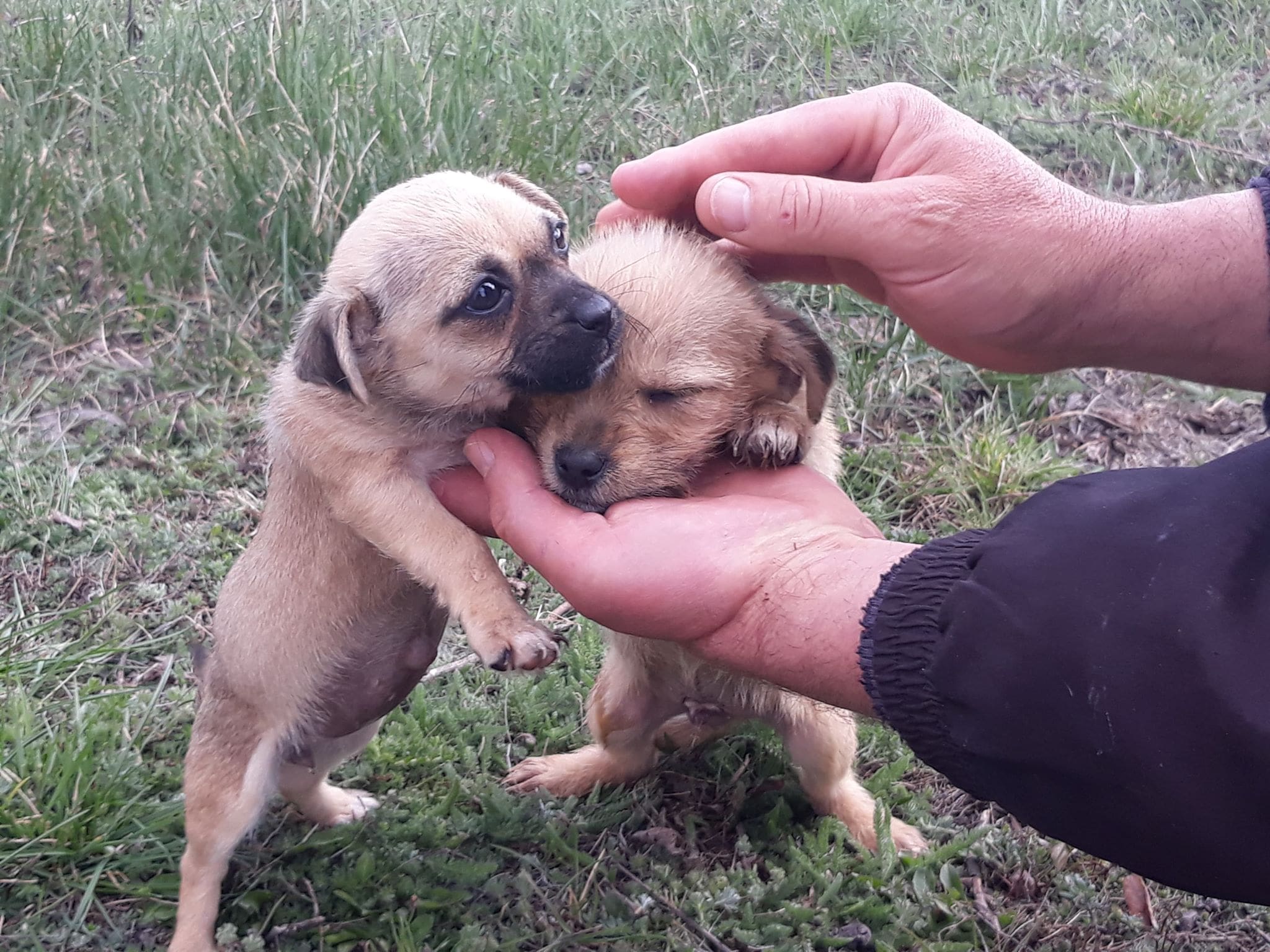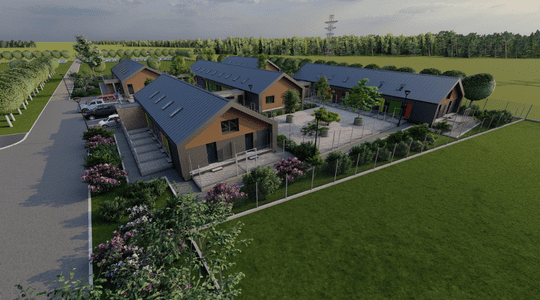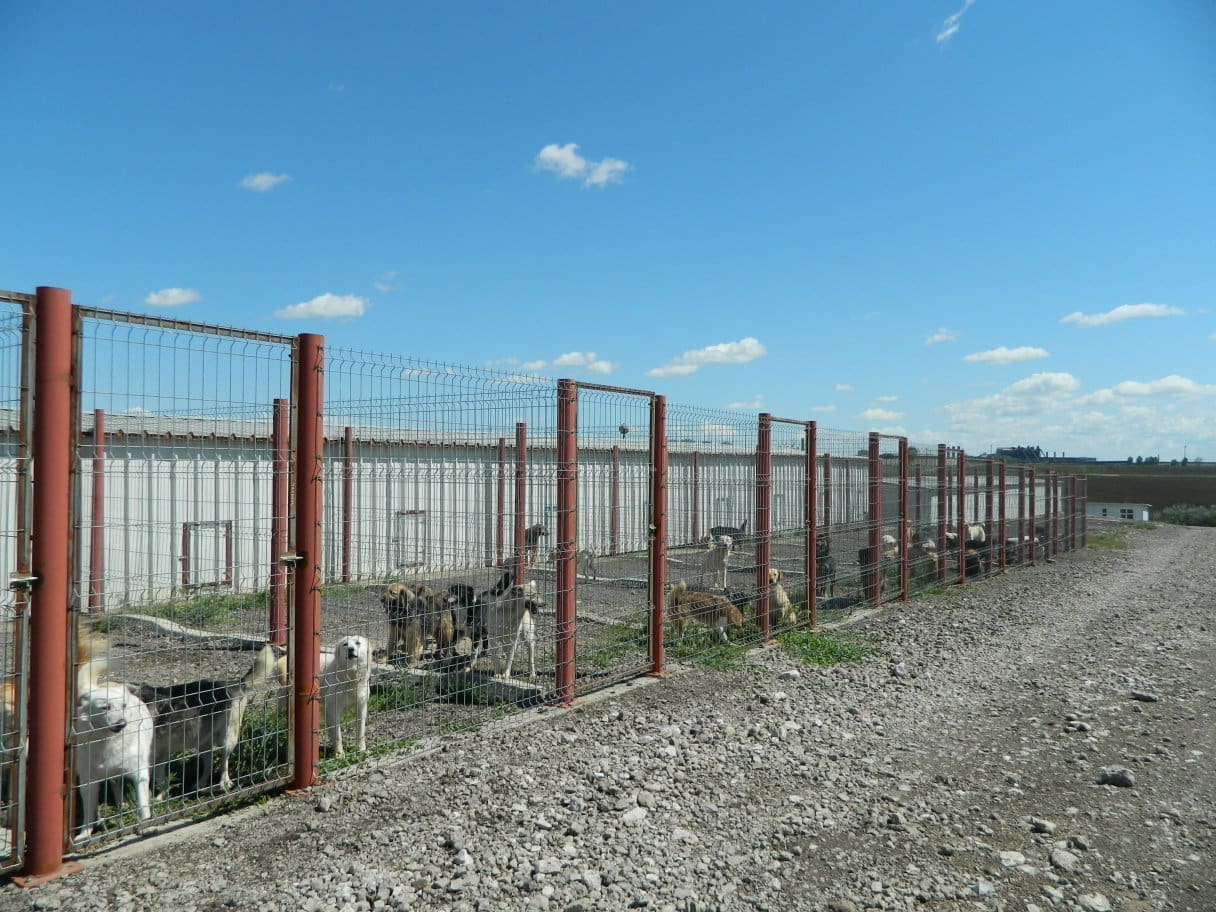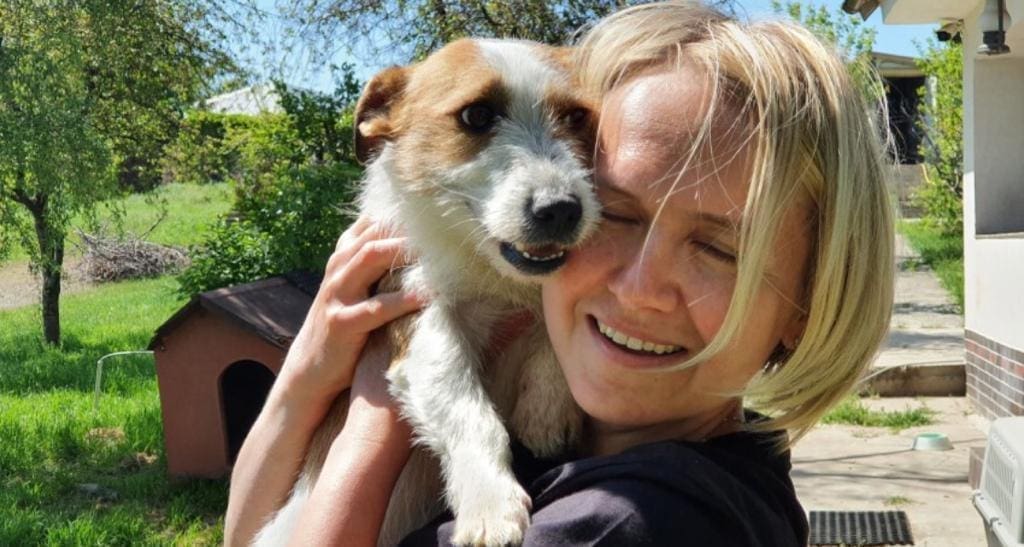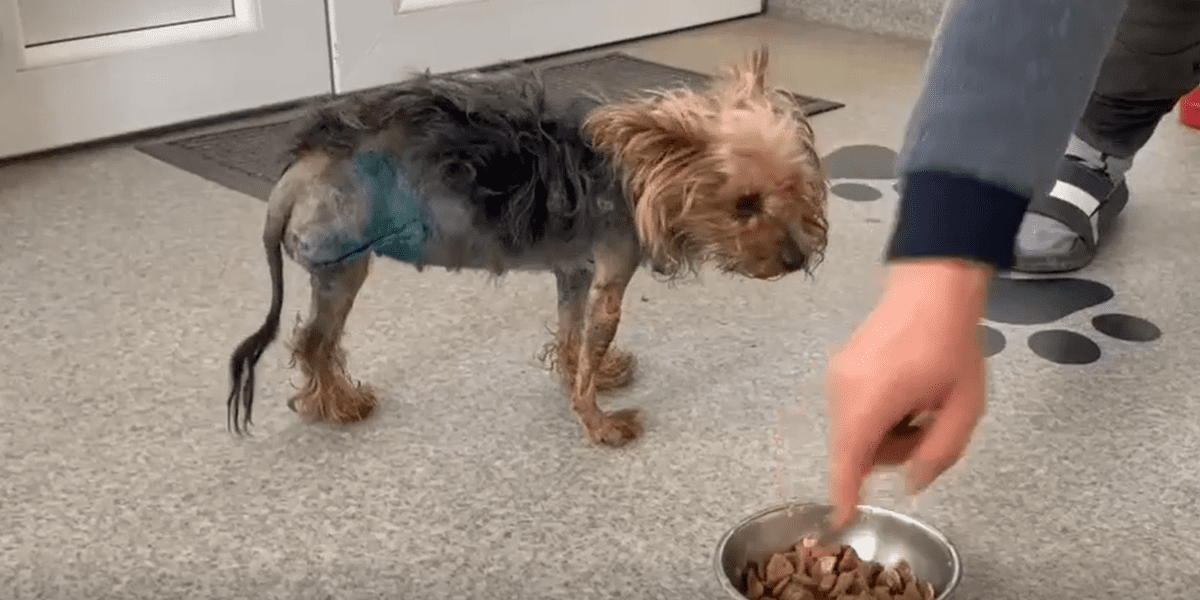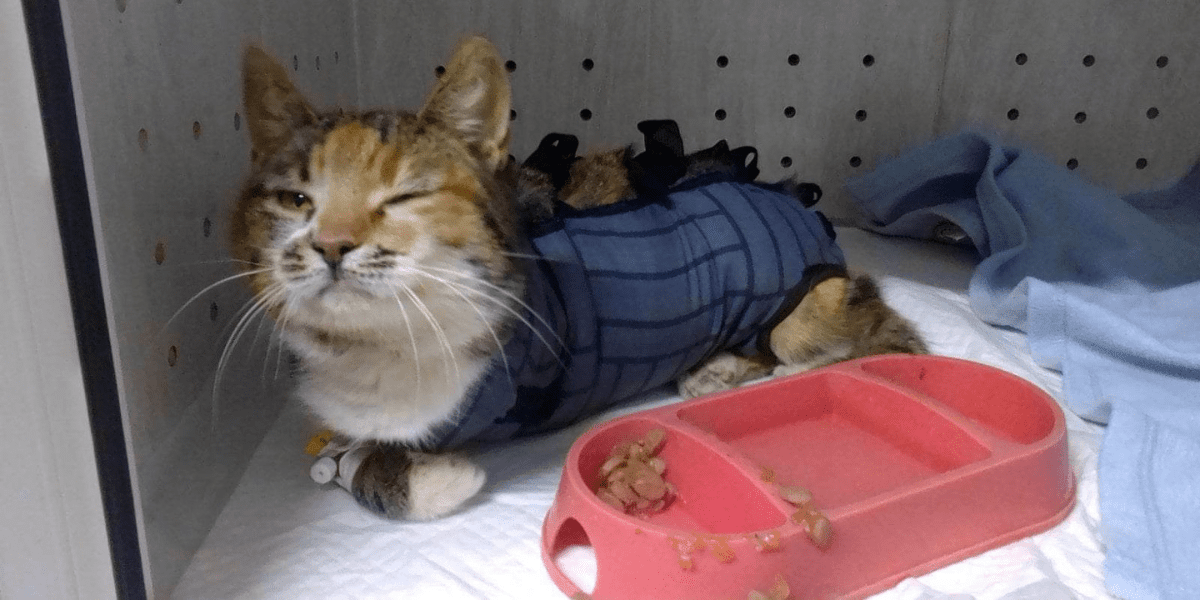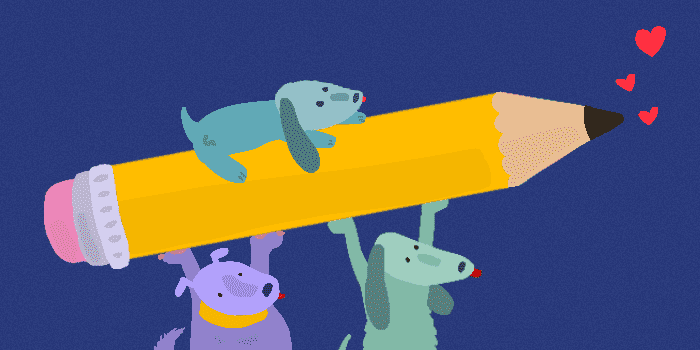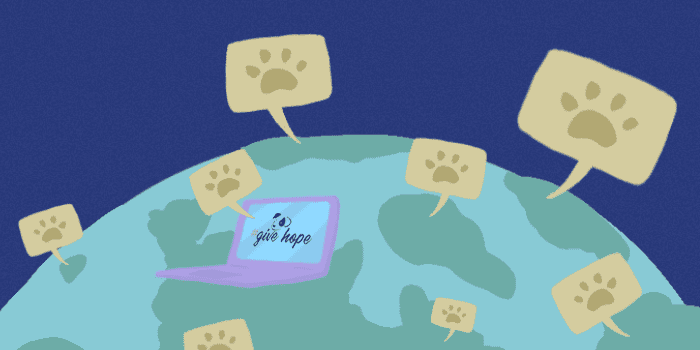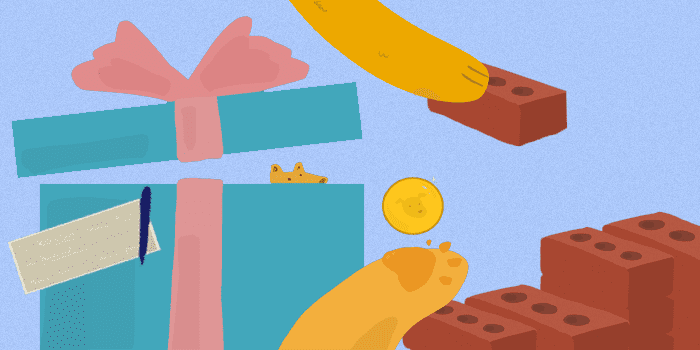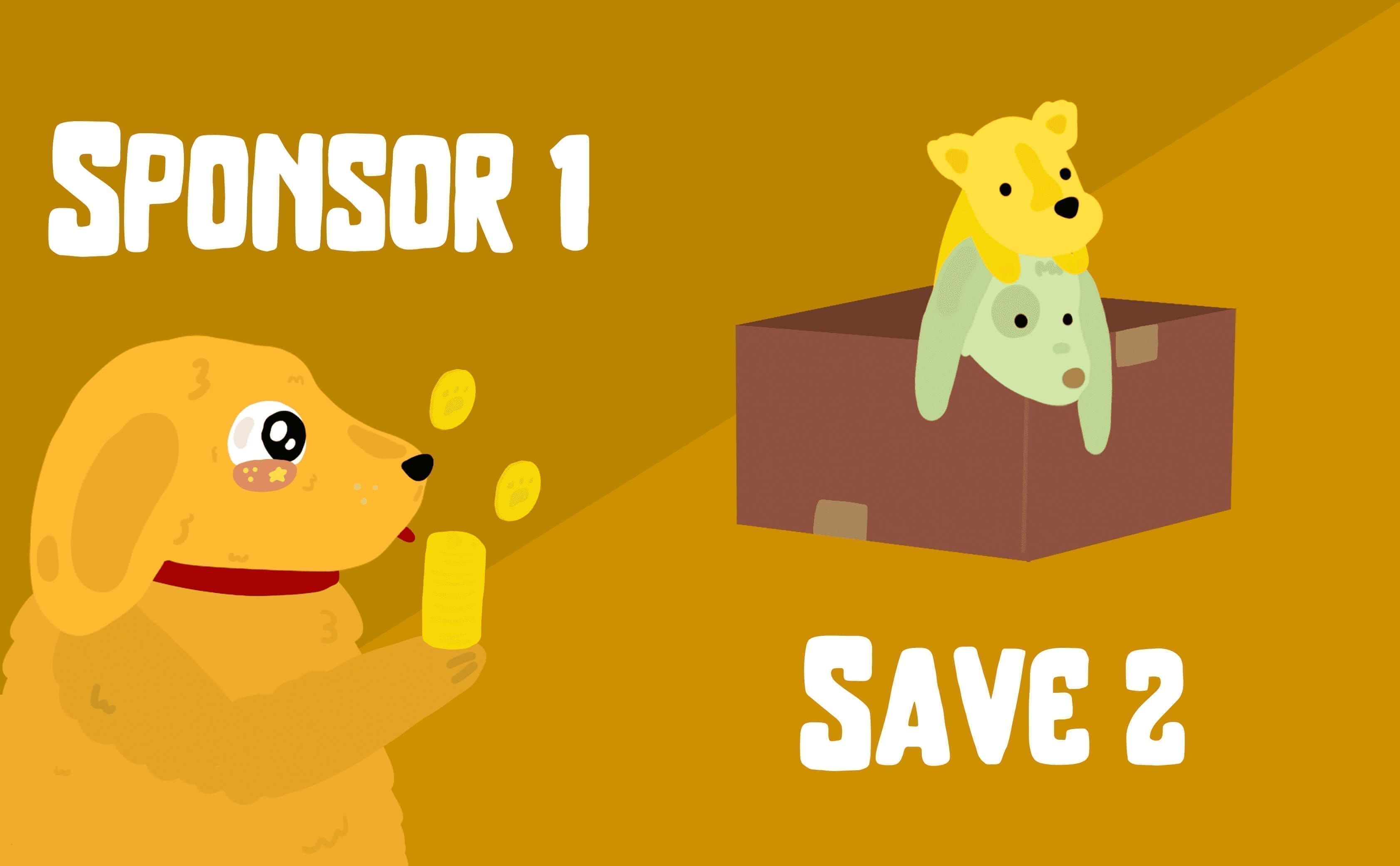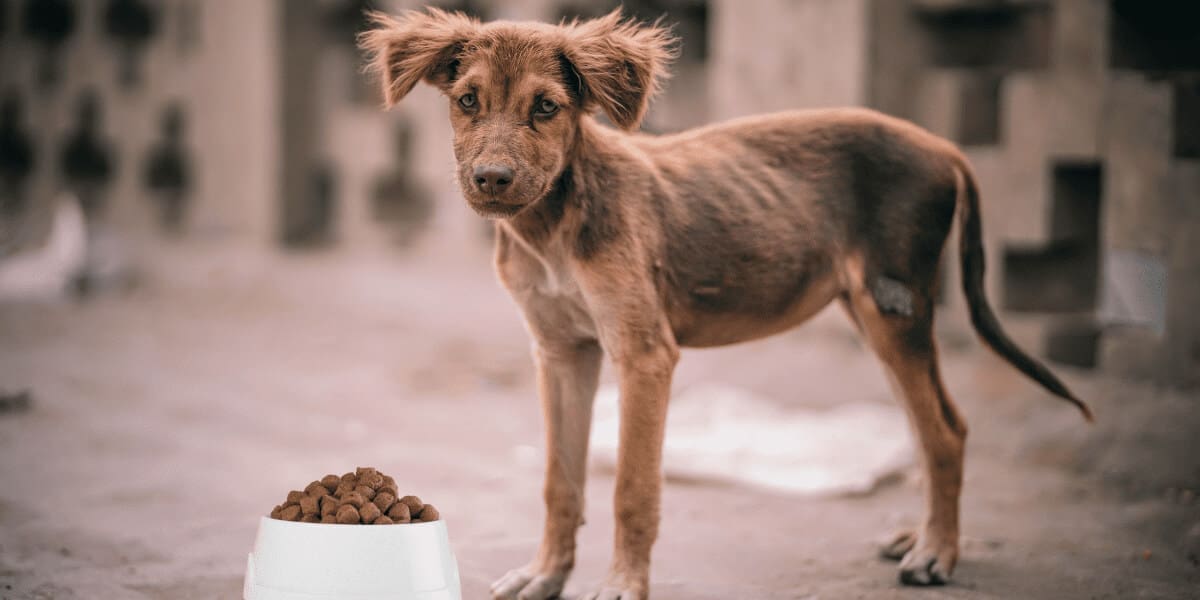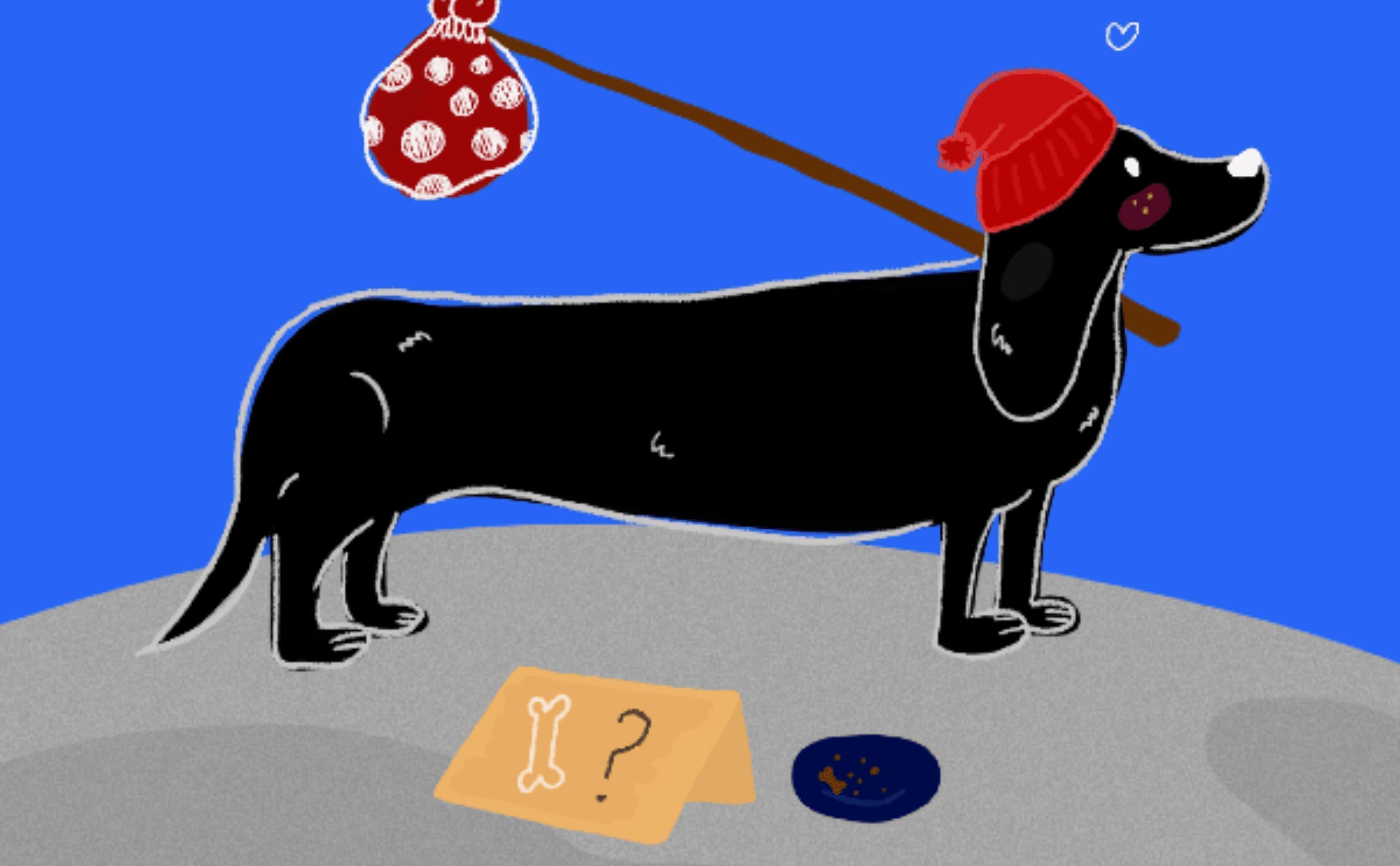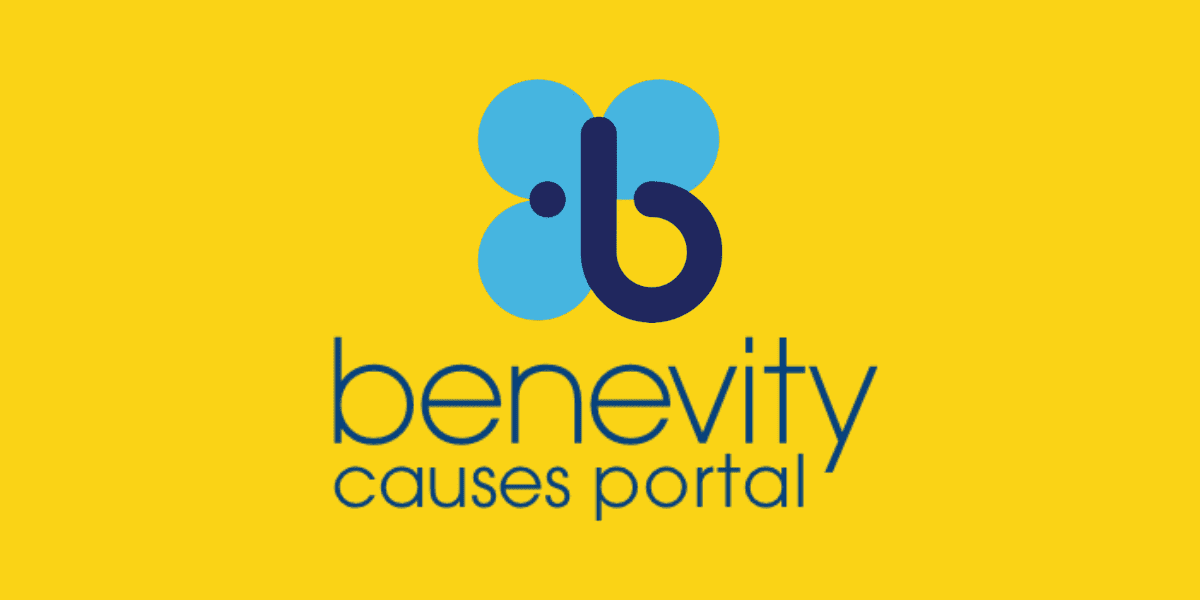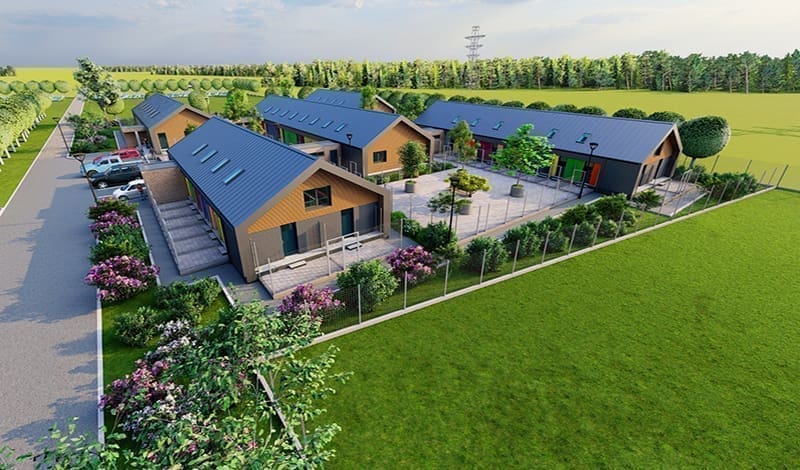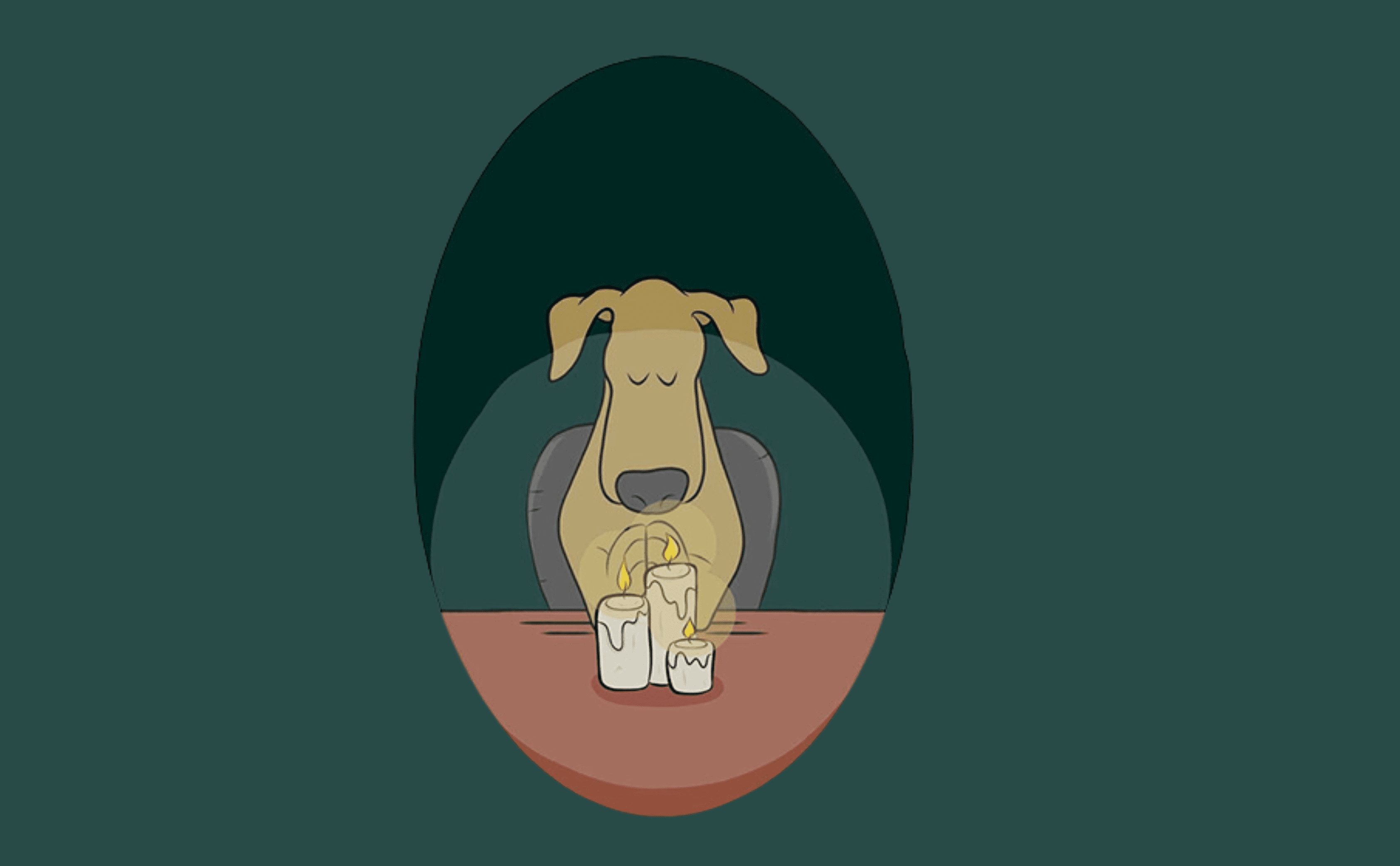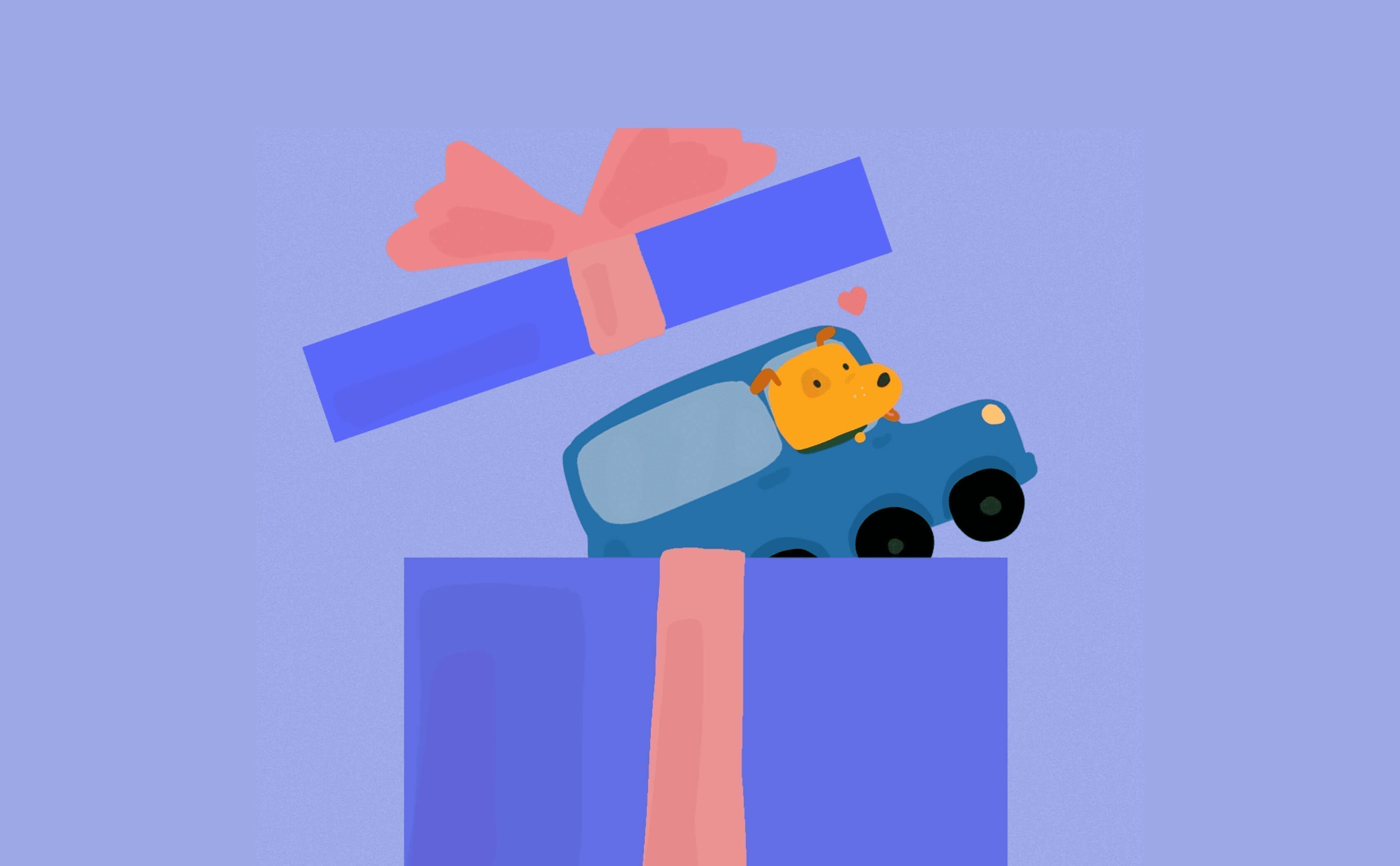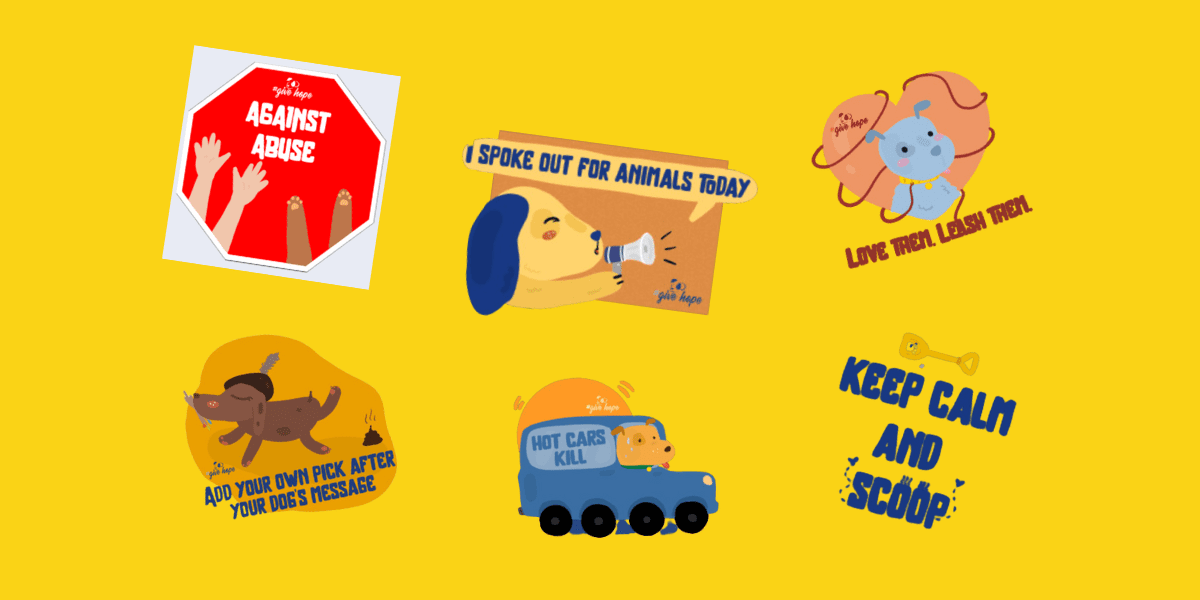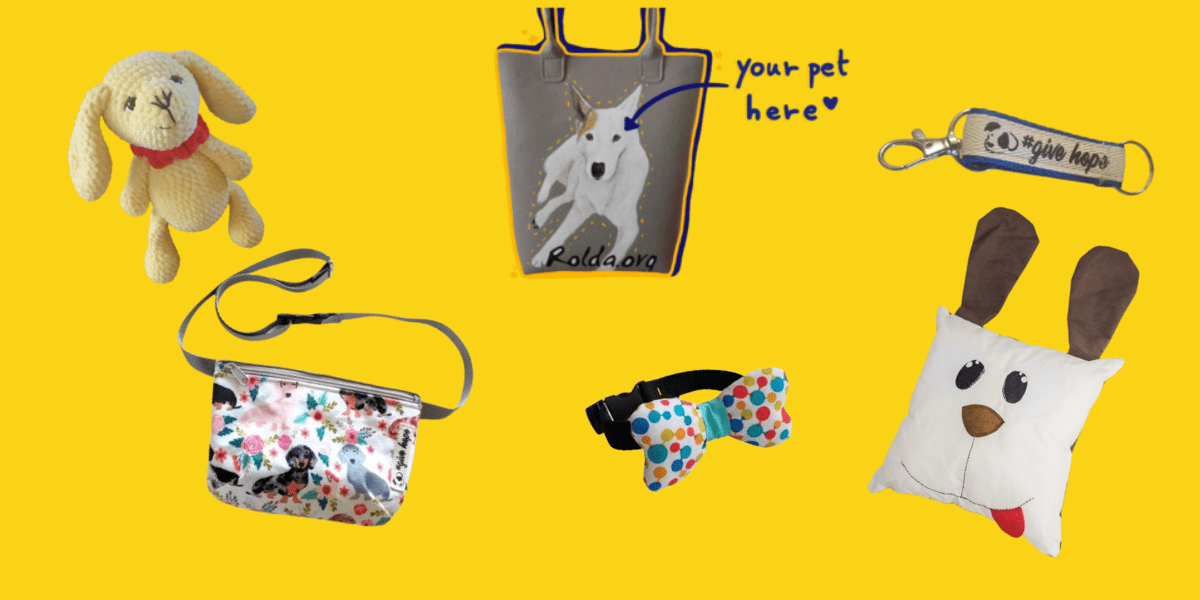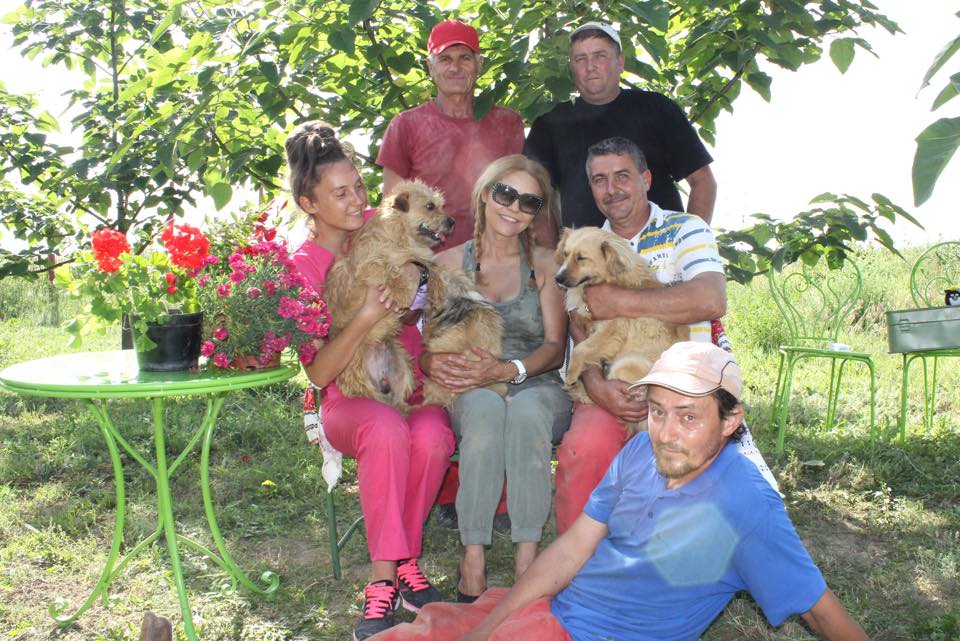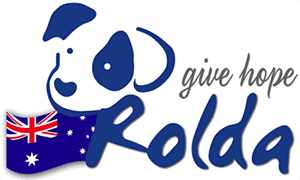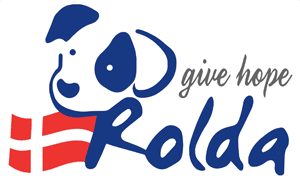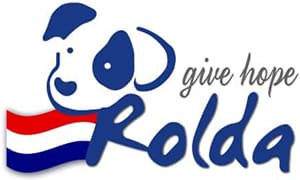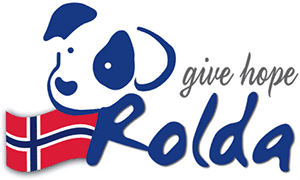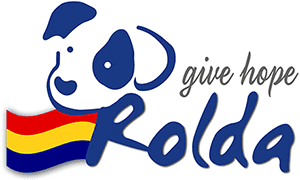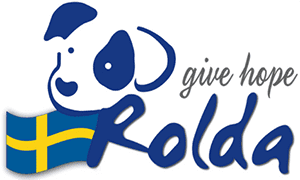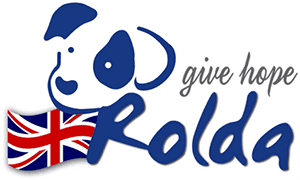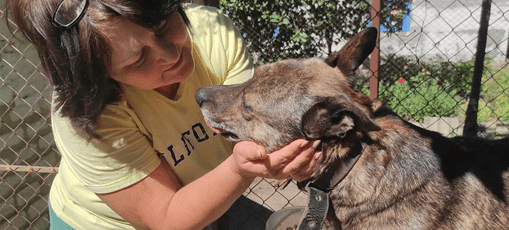#GiveHope to animals that have no one else
Our offices
 ROLDA International
ROLDA International
-
Contact person Dana
-
Phone number 0040 748 903 612
-
Email rolda@rolda.org
-
Website https://rolda.org/
 ROLDA Australia
ROLDA Australia
-
Contact person William
-
Facebook www.facebook.com/roldaau/
-
Email contact@rolda.org.au
-
Website https://rolda.org.au/
ROLDA Denmark
-
Contact person Ida
-
Email denmark@rolda.org
 ROLDA Norway
ROLDA Norway
-
Contact person Hege
-
Phone number +47 9204 2553
-
Email rolda.norge@hotmail.no
-
 ROLDA Romania
ROLDA Romania
-
Contact person Mada
-
Phone number 0040758 783 207
-
Email contact@rolda.org
-
Website https://rolda.ro/
 ROLDA Sweden
ROLDA Sweden
-
Contact person Lisa
-
Facebook www.facebook.com/roldasverige
-
Email kontakt@rolda.se
-
Website https://www.rolda.se/
 ROLDA Switzerland
ROLDA Switzerland
-
Contact person Lolita
-
Facebook www.facebook.com/roldasuisse
-
Email scribars@gmail.com
-
Website https://ch.rolda.org/
 ROLDA UK
ROLDA UK
-
Contact person Joanne
-
Phone number 01615318801
-
Email support@rolda.org.uk
-
Website https://uk.rolda.org/
 ROLDA USA
ROLDA USA
-
Contact person Mary
-
Phone number 410-353-5505
-
Email roldausa@rolda.org
-
Website https://rolda.org/
Contact us
With us, a rescued animal stops subsisting, and starts living!
We are grateful to our supporters for giving us the means, and the trust, to live such an amazing experience, and to give so many homeless animals a second chance at life.
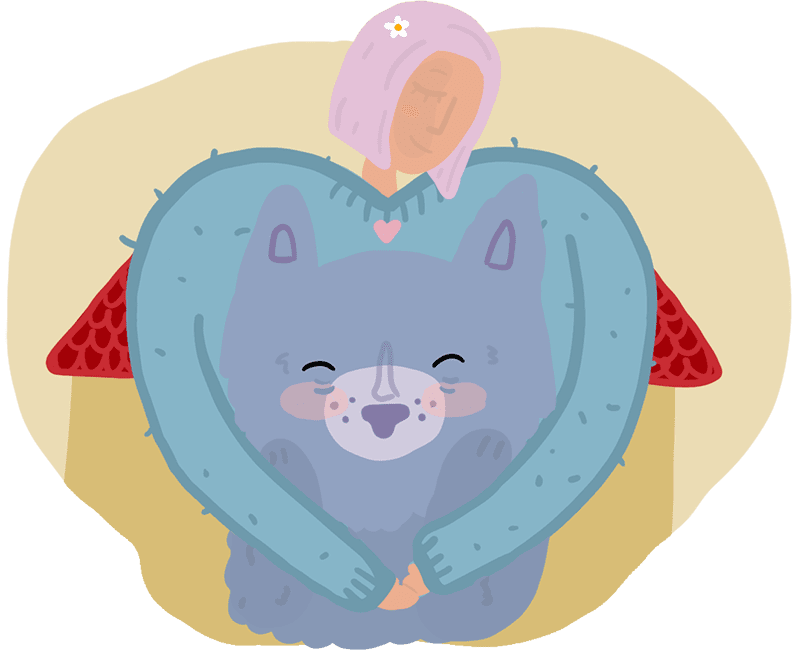
 Contact us and help us be better
Contact us and help us be better
We want to share with other animal lovers from around the World our rescue stories and our mission because together, we can reach faster and save more animals in need. We are always happy to hear your thoughts, your suggestions, and your ideas.
 Your feedback can improve our work for animals
Your feedback can improve our work for animals
Constructive criticism from people from communities both locally, and internationally are only making us stronger and be more effective in our rescue efforts, on how we communicate with our supporters who have high expectations from us.
We have been successfully saving, sheltering and rehabilitating animals in need since 2006. But we will never stop listening, learning on how to improve and better serve the community, including the millions of homeless and abandoned animals which need our help before it’s too late.
 As long as you react, we know you are there and care
As long as you react, we know you are there and care
Contact us anytime by email, phone or… surprise us with a visit!
We are grateful to all the volunteers, staff and board members, as well as donors and sponsors who donate their time and skills at ROLDA and we hope that what united us will continue to inspire hope for future generations of animals and people.
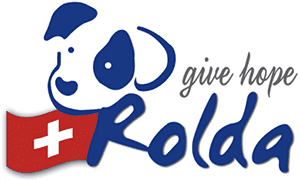
Association ROLDA Suisse
Switzerland
Associations sans but economique
(les articles 60 a 79 du CCS)
 non-US support +44 (0)161 531 8801
non-US support +44 (0)161 531 8801



